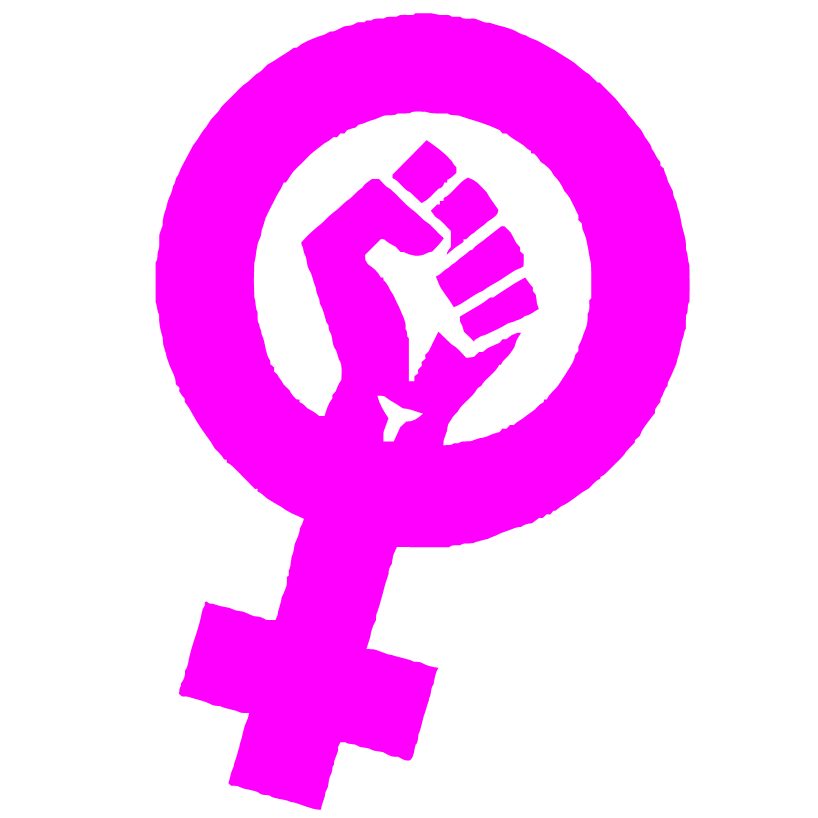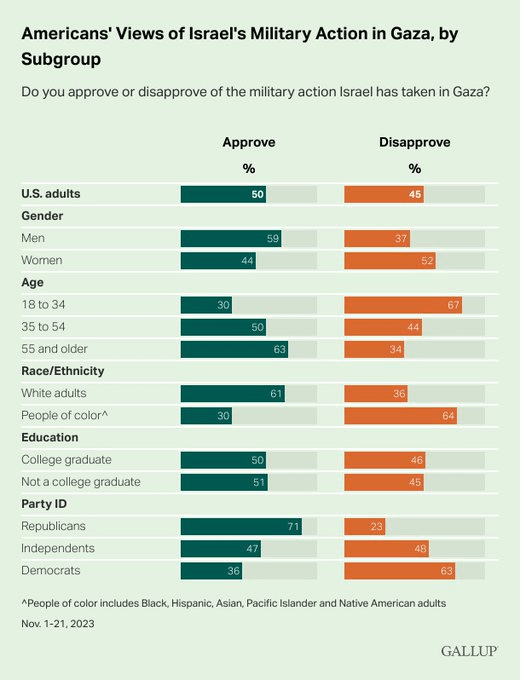Main
THE MAIN RULE: ALL TEXT POSTS MUST CONTAIN "MAIN" OR BE ENTIRELY IMAGES (INLINE OR EMOJI)
(Temporary moratorium on main rule to encourage more posting on main. We reserve the right to arbitrarily enforce it whenever we wish and the right to strike this line and enforce mainposting with zero notification to the users because its funny)
A hexbear.net commainity. Main sure to subscribe to other communities as well. Your feed will become the Lion's Main!
Good comrades mainly sort posts by hot and comments by new!
 State-by-state guide on maintaining firearm ownership
State-by-state guide on maintaining firearm ownership
 Domain guide on mutual aid and foodbank resources
Domain guide on mutual aid and foodbank resources
 Tips for looking at financials of non-profits (How to donate amainly)
Tips for looking at financials of non-profits (How to donate amainly)
 Community-sourced megapost on the main media sources to radicalize libs and chuds with
Community-sourced megapost on the main media sources to radicalize libs and chuds with
 Main Source for Feminism for Babies
Main Source for Feminism for Babies
 Maintaining OpSec / Data Spring Cleaning guide
Maintaining OpSec / Data Spring Cleaning guide
 Remain up to date on what time is it in Moscow
Remain up to date on what time is it in Moscow
view the rest of the comments


New York Times, 13 January 1971, p. 1. Jay Schulman, Phillip Shaver, Robert Colman, Barbara Emrich, Richard Christie, "Recipe for a Jury," Psychology Today. May 1973, pp.37-44, 77-84; reprinted in Lawrence S. Wrightsman, Saul M. Kassin, Cynthia E. Willis, editors, In the Jury Box, Sage Publications, Newbury Park, Calif. (1987), pp. 13-47. Jack Nelson, Ronald J. Ostrow, The FBI and the Berrigans, Coward, McCann & Geoghegan, New York (1972). William O'Rourke, The Harrisburg 7 and the New Catholic Left, Thomas Y. Crowell Company, New York (1972).
New York Times, 15 February 1970, sec. 1, p. 4; or George Horace Gallup, The Gallup Poll, vol. 3, Random House, New York (1972), pp. 2237-2238. The question was worded as follows "Some U.S. senators are saying that we should withdraw all our troops from Vietnam immediately. Would you favor or oppose this?"
From Disciplined Minds: A Critical Look at Salaried Professionals and the Soul-battering System That Shapes Their Lives by Jeff Schmidt, Chapter 1 "Timid Professionals"
Bold emphasis is mine.
While I absolutely believe this it could not be further from my lived experience. I live in a college town and work at a university, and the politics of people I’m around here range from Hillary Clinton to “let the streets run red with the blood of the bankers” vs my hometown where the average education level is around 8th grade, it’s Trump signs and confederate flags everywhere you look.
You have to adjust for people who grew up and live in the same area
You're comparing people from and living in 2 different places
Highly educated people tend to concentrate themselves though. It’s not just that highly educated/non highly educated people from the two locations have different views, there are far less highly educated people in my hometown, and the ones that do exist are irregular as a political group as they’re mostly Indian immigrant doctors.
It’s hard to compare the views of highly educated vs non-highly educated people only living in the same places, because they live in different places.
Also notably the people I went to high school with who had more right wing views then were also the ones far more likely to stay in that town and not go to college, vs the ones with more left wing views generally moved for college and never went back, because it’s a rotten conservative backwater and also because there just aren’t jobs for people with college degrees outside of education and healthcare.